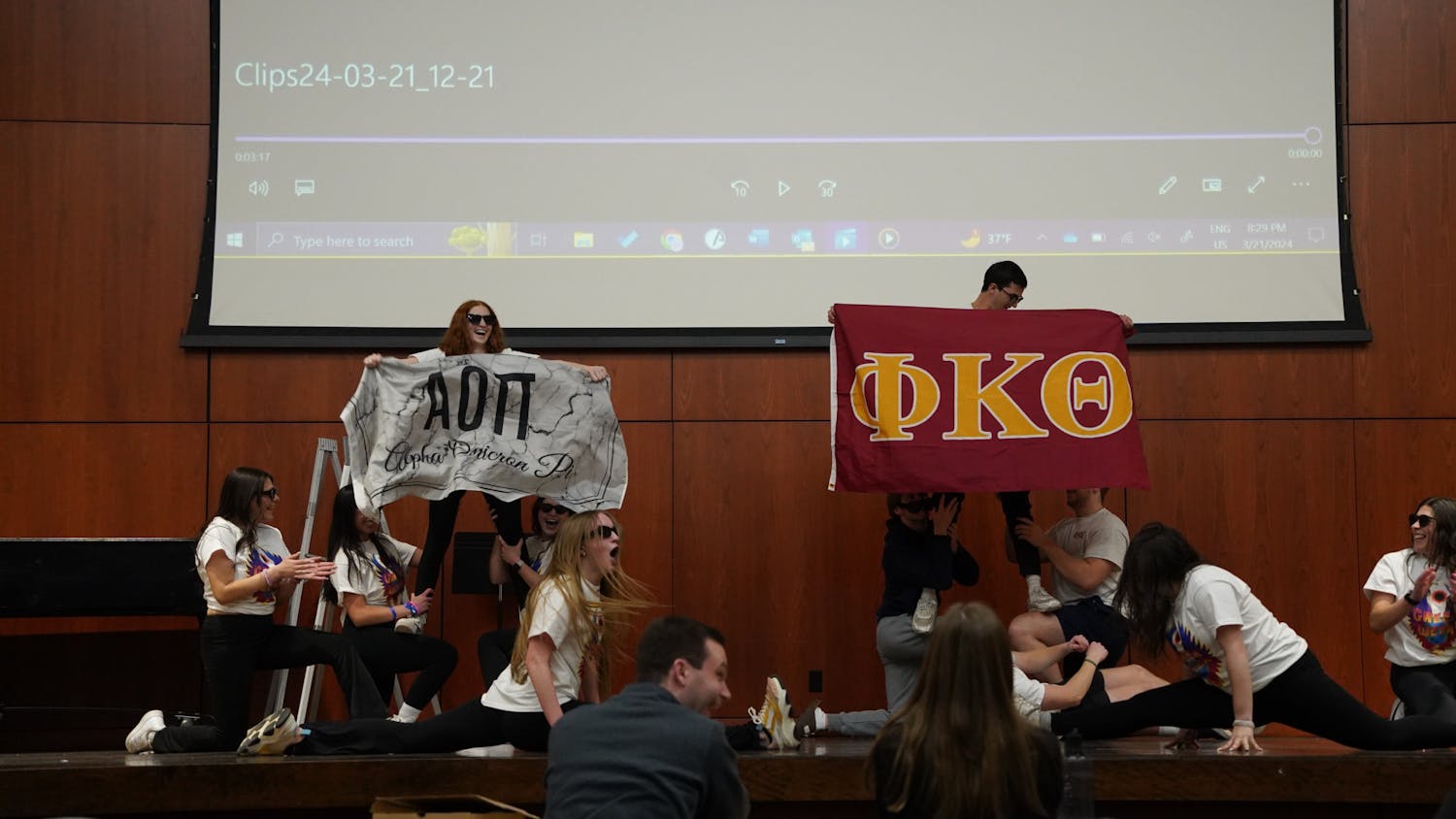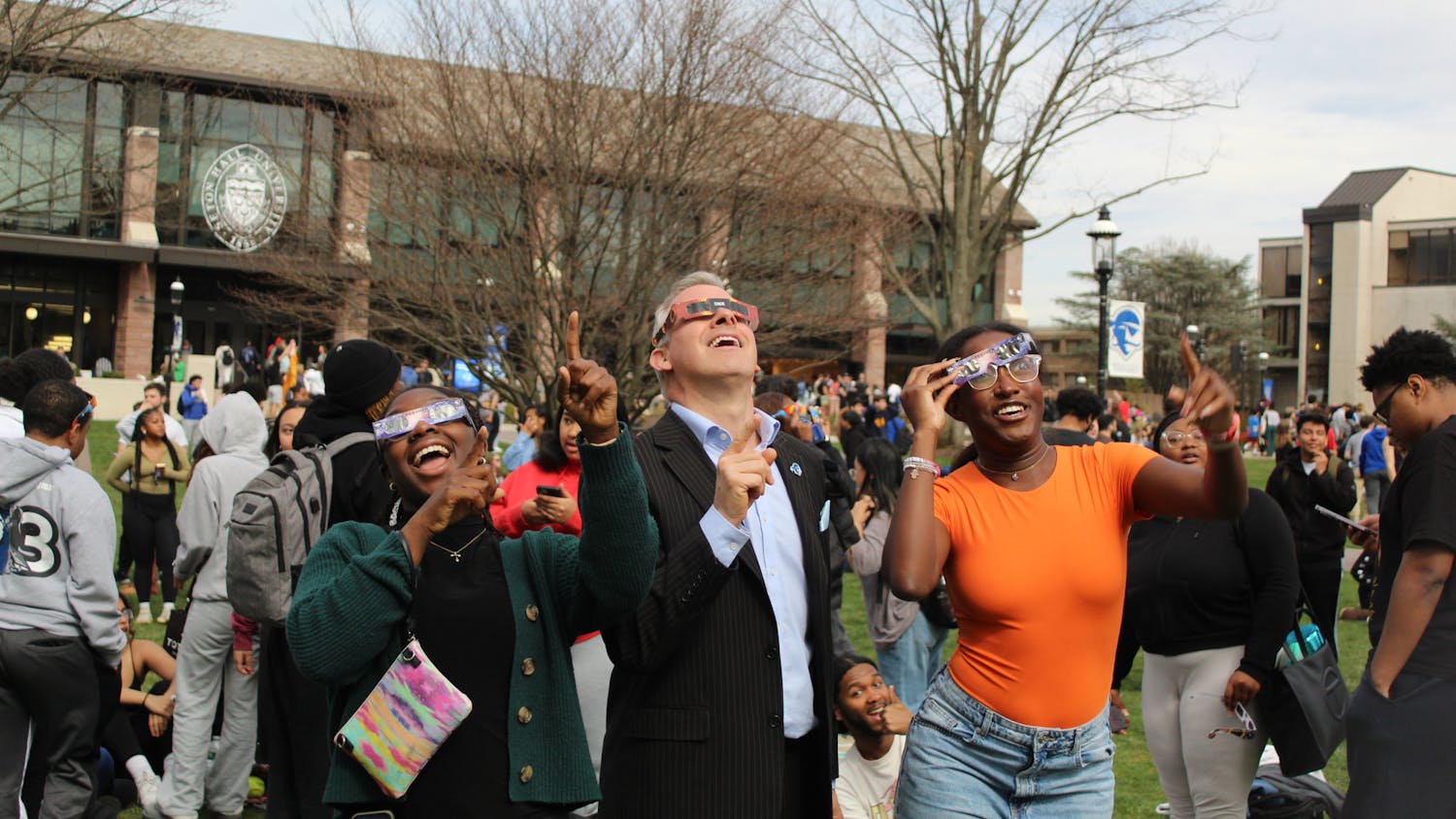Language courses are a part of the core requirements in the Seton Hall curriculum. While almost everyone has to attend these classes, the question to ask is whether the classes are really helping the students learn these languages.
In 1952, Seton Hall began to introduce Asian languages into the curriculum, creating a bridge between the students and the Asian speaking part of the world. According to Dr. DongDong Chen, the chair of the Department of Languages, Literatures and Cultures, the school’s president at that time, Monsignor John L. McNulty, had a vision for building the connection between the East and the West.

When asked whether it is really possible for students to end up proficient in the languages that they are taking within the school curriculum, Chen stated that it all depends on the students themselves. She said that the attitudes of students towards the classes vary and that it actually all depends on how they choose to handle the classes.
“Have a good learning attitude, find a language exchange partner, and participate in as many events as culturally possible,” Chen said. “And work hard. Work hard.”
Most Seton Hall students either go with the conventional language classes provided by the school or choose to opt out by passing the language placement test. Among others, Seton Hall offers classes in Spanish, Chinese, Italian and French.
Sophomore nursing major Rebecca Fine, however, chose a different route. Fine took American Sign Language (ASL) to fulfill her requirement. This was because ASL was recommended for her future career as a nurse.
“I also chose to take sign language because I knew I would have an easier time learning the language and it would be an easier class for me considering the heavy workload of a nursing major,” Fine stated.
The opinions on whether the classes help or not vary from student to student.
“I do believe the lessons are useful, I find myself retaining a lot of information we are taught and it’s exciting to know that I’m actually learning a language I’ve been obsessed with for so long,” sophomore biology major Rania Amer said of her Japanese classes.
On the other hand, Santiago Losada, a sophomore diplomacy and international relations major, who is also majoring in modern languages, mentioned how he thinks that some lessons are helping, while some need improvement.
“Even though I have been taking French since high school, I still attend my advanced French II class. To be honest, no, I don’t find the class that useful. I actually learned so much more from my high school French teacher than in college,” Losada said.
“On the other hand I really do love the Russian program here,” Losada said. “Professor Anna Kuchta really knows her grammar and she always goes out of her way to help us in any way she can.”
Sophomore diplomacy major Tatum Haberman also had many positive things to say about the Russian department.
“I’d say the best part about the Russian department is the dedication and flexibility the professors bring to the classroom. They put an emphasis on the language rather than the grades,” Haberman said.
Valerie Qui Wen Ong can be reached at valerie.quiwen.ong@student.shu.edu.





